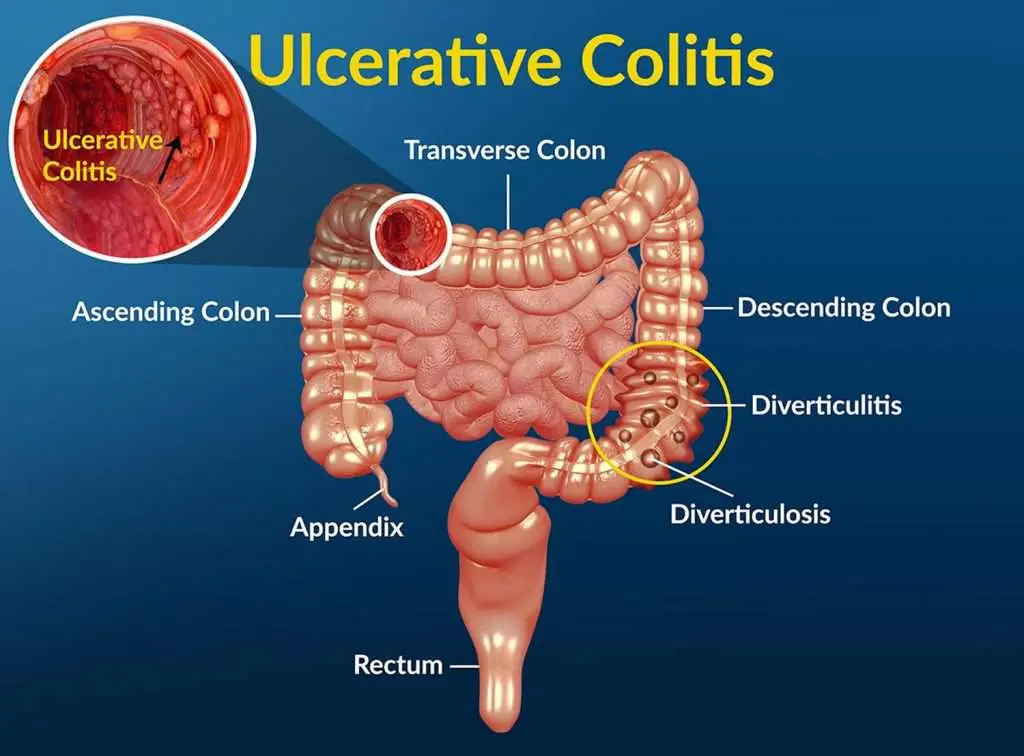Services

Sleeping Disorder
Ayurveda, the ancient Indian system of medicine, offers holistic approaches to various health issues, including sleeping disorders. In Ayurveda, sleeping disorders are often linked to imbalances in the doshas (energetic forces) within the body, primarily Vata, Pitta, and Kapha. Here are some common Ayurvedic approaches to treating sleeping disorders:
- Diet and Lifestyle Changes: Ayurveda emphasizes the importance of a balanced diet and healthy lifestyle habits for overall well-being, including sleep. Recommendations often include eating light, easily digestible meals, avoiding stimulants like caffeine and heavy foods before bedtime, and following a regular sleep schedule.
- Ayurvedic Massage and Therapies: Therapeutic massages with herbal oils, such as sesame or coconut oil, are often recommended in Ayurveda to calm the nervous system, relax muscles, and promote better sleep. Other Ayurvedic therapies like Shirodhara (a technique where warm oil is poured over the forehead) and Abhyanga (full-body oil massage) can also be beneficial for improving sleep quality.
- Yoga and Meditation: Practices like yoga asanas (postures) and pranayama (breathing exercises) are integral parts of Ayurveda and can help calm the mind, reduce stress, and improve overall relaxation, leading to better sleep. Meditation techniques like mindfulness meditation or Yoga Nidra (yogic sleep) can also be effective in promoting deep, restful sleep.
- Ayurvedic Formulations: Ayurvedic practitioners may prescribe specific herbal formulations known as "rasayanas" or "churnas" tailored to individual needs to address sleep disturbances. These formulations often combine multiple herbs and natural ingredients to target imbalances in the body and promote overall well-being.
- Stress Management: Ayurveda recognizes the impact of stress on sleep quality and overall health. Stress-reducing practices such as self-care routines, spending time in nature, and cultivating positive relationships are encouraged to support better sleep.
It's important to note that Ayurvedic treatments should be personalized according to an individual's unique constitution (prakriti) and any underlying health conditions. Consulting with a qualified Ayurvedic practitioner can help determine the most appropriate treatment plan for managing sleeping disorders effectively.

Arthritis
Naturopathy, a system of alternative medicine that focuses on natural remedies and the body's ability to heal itself, offers various approaches to managing arthritis symptoms. Here are some common naturopathic treatments for arthritis:
- Dietary Changes: Naturopathic practitioners often recommend dietary modifications to reduce inflammation and support joint health. This may include consuming anti-inflammatory foods such as fatty fish (rich in omega-3 fatty acids), colorful fruits and vegetables (high in antioxidants), nuts and seeds, turmeric, ginger, and healthy fats like olive oil.
- Physical Therapies: Naturopathic treatments often include physical therapies aimed at improving joint mobility, reducing pain, and enhancing overall well-being. These may include hydrotherapy (water therapy), massage therapy, acupuncture, chiropractic adjustments, and therapeutic exercises tailored to the specific needs of arthritis patients.
- Lifestyle Modifications: Naturopaths emphasize the importance of lifestyle factors in managing arthritis symptoms. This may involve stress management techniques such as meditation, yoga, and deep breathing exercises, as stress can exacerbate inflammation and pain. Maintaining a healthy weight through proper diet and regular exercise is also crucial for managing arthritis symptoms.
- Detoxification: Naturopathy often emphasizes the body's natural detoxification processes to support overall health. Detoxification methods may include dietary cleanses, hydrotherapy, sauna therapy, and herbal support for liver and kidney function. However, it's essential to approach detoxification with caution and under the guidance of a qualified practitioner, especially for individuals with arthritis or other chronic health conditions.
- Mind-Body Therapies: Naturopathic medicine recognizes the interconnectedness of the mind and body in health and disease. Mind-body therapies such as biofeedback, guided imagery, and cognitive-behavioral techniques may help individuals with arthritis manage pain, stress, and emotional well-being.
As with any medical condition, it's essential for individuals with arthritis to consult with a qualified healthcare provider, such as a licensed naturopathic doctor, to develop a comprehensive treatment plan tailored to their specific needs and preferences. Naturopathic treatments can complement conventional medical care and may offer additional benefits for managing arthritis symptoms and improving overall quality of life.

Ulcerative colitis
Ulcerative colitis is a chronic inflammatory bowel disease (IBD) characterized by inflammation and ulcers in the lining of the colon and rectum. Treatment typically aims to control inflammation, reduce symptoms, and induce and maintain remission. While conventional medical treatments such as medications and surgery are often used, naturopathic approaches can also play a supportive role in managing ulcerative colitis. Here are some naturopathic treatments commonly used:
- Dietary Changes: Diet plays a significant role in managing ulcerative colitis symptoms. Naturopaths often recommend a diet that focuses on reducing inflammation and supporting gut health. This may involve avoiding trigger foods such as dairy, gluten, processed foods, and certain raw fruits and vegetables. Some individuals find relief with a low-residue diet, while others benefit from specific diets like the Specific Carbohydrate Diet (SCD) or the low FODMAP diet. Working with a qualified naturopathic doctor or registered dietitian can help tailor a diet plan to individual needs.
- Stress Management: Stress can exacerbate symptoms of ulcerative colitis, so stress management techniques are an essential component of naturopathic treatment. Techniques such as mindfulness meditation, deep breathing exercises, yoga, biofeedback, and progressive muscle relaxation can help reduce stress and promote relaxation, which may in turn help improve gut health and reduce inflammation.
- Acupuncture: Acupuncture, a traditional Chinese medicine practice that involves the insertion of thin needles into specific points on the body, is sometimes used to manage symptoms of ulcerative colitis. While research on acupuncture for IBD is limited, some studies suggest that it may help reduce inflammation, alleviate pain, and improve overall well-being. As with any complementary therapy, it's essential to consult with a qualified practitioner experienced in treating gastrointestinal conditions.
It's important for individuals with ulcerative colitis to work closely with a healthcare team that may include both conventional and naturopathic practitioners to develop a comprehensive treatment plan tailored to their individual needs and preferences. Naturopathic treatments can complement conventional medical therapies and may offer additional benefits for managing symptoms and improving quality of life. However, it's crucial to discuss any naturopathic treatments with your healthcare provider to ensure they are safe and appropriate for your specific condition.
Our Partnerships
We are in good company.